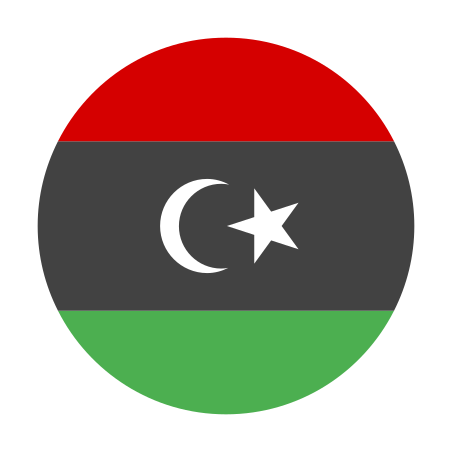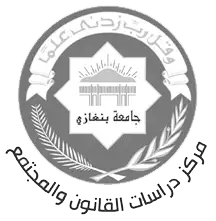Lessons from Libya’s Independence for the present
We can learn rich lessons from Adriaan Pelt’s narrative of the journey towards Libya’s independence. Lessons which have new salience amidst the armed conflicts, political disputes, social tensions, and regional differences which today put the existence and unity of Libya in real and imminent danger.
Many of the political and constitutional debates which divide Libyans today, are not new. To overcome them we can learn from our forefathers who shepherded Libya in the years leading up to independence. From 1949 until Libya’s independence on 1 January 1952, Mr. Adriaan Pelt served as United Nations High Commissioner for Libya. He wrote a book called Libyan independence and the United Nations. A case of planned decolonization (1970) published by Yale University. My Arabic translation, in four volumes, was published in 2020 by the Libya Institute for Advanced Studies and Kalam Research & Media. In my introduction to the Arabic translation, I emphasized that the book held valuable lessons which remain current to this day.
There are many rich lessons that we can learn from Pelt’s narrative of the journey towards Libya’s independence. Lessons which have new salience amidst the armed conflicts, political disputes, social tensions, and regional differences which today put the existence and unity of Libya in real and imminent danger.
Mainly, we should learn how at that time a group of Libyans emerged whose political wisdom and vision for the future enabled them to look at their country's problems and its internal and external contexts with clear and open minds. United by their shared goal of achieving independence and building a single Libyan state, these founding fathers overcame their differences, reduced tensions, and resolved conflicts.
The memoire of High Commissioner Pelt suggests that Libya’s independence and unity were only achieved because the powerful people at the time were willing to make mutual concessions and compromises. This applied to the Committee of Twenty-One, the National Constituent Assembly, the opposition parties and groups, and the wise and skillful Mr. Idris Amir of Cyrenaica. They were willing and able to act in this way because they shared the aspirations of the majority of Libyans.
What does this lesson mean to us now that the ship of the homeland is sailing in rough seas and stormy weather which almost sink the ship, including everyone on it? It means, once again, that if we want to take the ship of the homeland to safety, we need to take the example of these ancestors and realize that nation-building and the establishment of states are based primarily on dialogue, exchange of views, acceptance of the other, mutual concessions, and reaching compromise solutions that are acceptable to all even if they are not completely satisfactory to everyone. These are exactly the attitudes and actions which characterized our forefathers, and which we are definitely missing now.
May God protect Libya from the greedy actions of its enemies and the follies of its sons.




